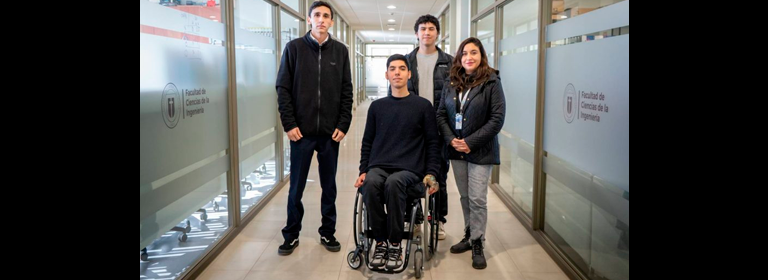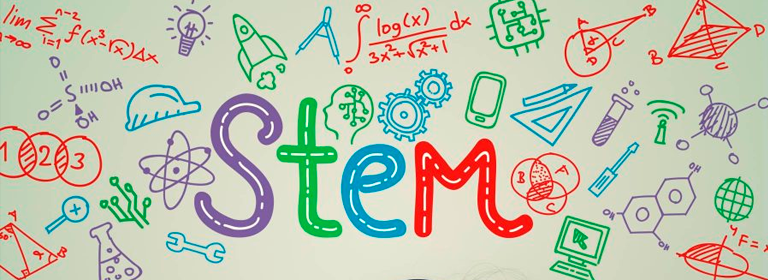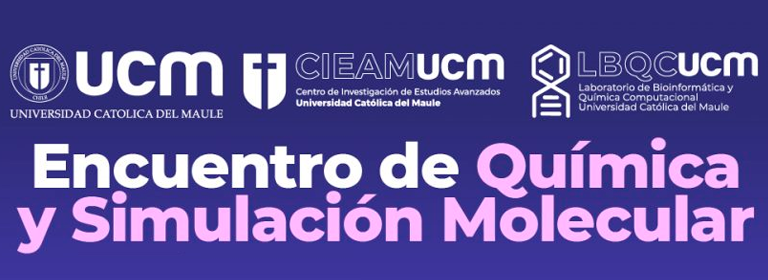José Briceño and Fernando Lara, Industrial Civil Engineering students at the UCM, created a device positioned among the top twenty inventions in a contest promoting entrepreneurial innovation within the student community.
 The first wheelchair capable of overcoming elevations autonomously will become a reality thanks to an electric assistance device, designed by fifth-year students of Industrial Civil Engineering at the Universidad Católica del Maule (UCM).
The first wheelchair capable of overcoming elevations autonomously will become a reality thanks to an electric assistance device, designed by fifth-year students of Industrial Civil Engineering at the Universidad Católica del Maule (UCM).
The prototype, configured to provide greater accessibility and promote inclusion, will undoubtedly increase users’ sense of freedom.
«With heights of two to three centimeters it is easier for people who use active wheelchairs, but already passing five centimeters I would say it is impossible, especially for those who have less strength, and usually the sidewalks are 15 centimeters,» said José Briceño, one of the creators.
 The project that Briceño generated together with his partner Fernando Lara, was among the twenty best inventions that applied to the fourth edition of the National University Entrepreneurial Impact Contest, promoted by the Bank of Chile and the Universidad del Desarrollo (UDD), which received about 400 initiatives.
The project that Briceño generated together with his partner Fernando Lara, was among the twenty best inventions that applied to the fourth edition of the National University Entrepreneurial Impact Contest, promoted by the Bank of Chile and the Universidad del Desarrollo (UDD), which received about 400 initiatives.
«From experience I know that using a wheelchair is a challenge in Chile and in general anywhere in the world, since there are no ramps, they are in poor condition or they are poorly built. We want to improve accessibility», added the student, whose merit was recognized by the competition with an incentive of 200 thousand pesos.
The contest, which will provide initial financing and prizes for 36 million pesos, will have ten winners.
«The other wheelchairs only propel people on flat terrain; ours overcomes elevations independently. We are optimistic,» said Lara.
 ANDET Project
ANDET Project
Briceño and Lara were not the only UCM students to apply for a science and technology-based venture in a competition. Nicolás Herrera, also an Industrial Civil Engineering student, also wants to demonstrate that classrooms are fertile ground for the creation of solutions to the «Brain Chile» program.
«I did a very profitable internship in a telephone company and there I noticed a gap that can be solved with artificial intelligence,» explained the author of the bet called Andet, for Anomaly Detection.
“Companies that are very large have gigantic databases, in which it is very difficult to find errors. That’s why the idea of detecting anomalies with artificial intelligence was born. For example, if we talk about sales, let’s imagine that the normal sale is one billion pesos and suddenly there is a sale of ten billion. That is something strange that must be identified soon,» he emphasized.
Both Herrera’s project and Briceño and Lara’s initiative have the support of the Innovative Entrepreneurship Unit of the campus.













